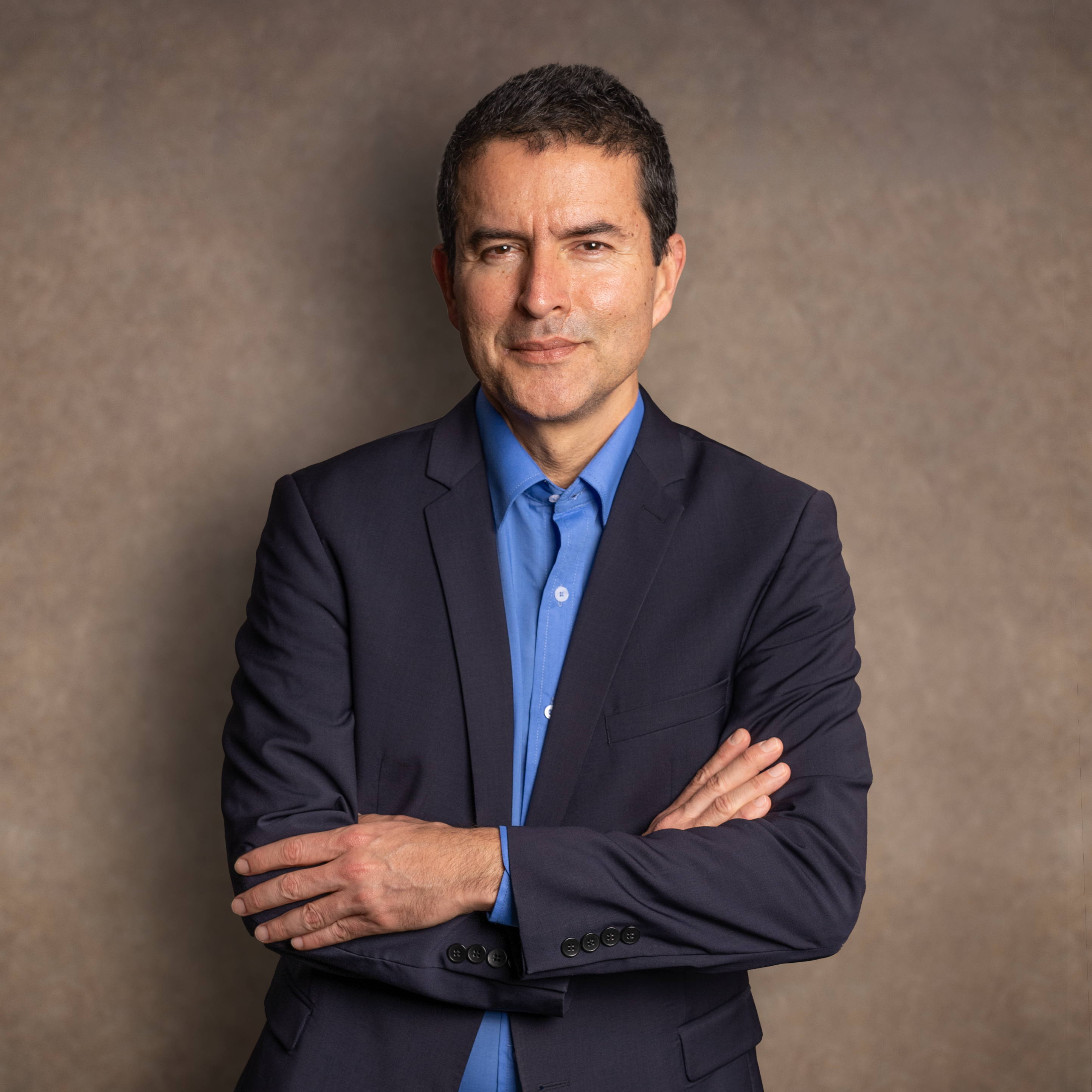Kataliza i materiały dla zrównoważonego rozwoju
Koordynator klastra
Prof. dr hab. inż. Juan Carlos Colmenares Quintero
Tematyka badawcza
In essence, the prime focus of the cluster will be on the innovative preparation, characterization and application of novel materials (for instance: homogeneous/heterogeneous catalysts, metallic alloys, composites, polymers, metallic particles/nanoparticles either dispersed in bulk solutions or deposited on various inorganic/organic supports, semiconductor compounds, thin films, single-atom catalysts, hybrid nanostructures, electrode materials), and more specifically on: a. understanding of the reactions mechanisms in catalysis under different activation pathways (for instance: thermo-, photo-, electro, mechano-chemically, and the combination of them) with attention on their energetics, dynamics, surface structure and phase transitions using the complementary combination of various instrumental techniques such as PXRD, HRXPS, SEM, FTIR, AES, SECM, PM-IRRAS, LMFI, NMR-light-based techniques, MS-TGA and GPC/SEC analysis, thermogravimetry, differential scanning calorimetry, and flow microcalorimeter, among others, with the appropriate well-established test reactions such as green hydrogen generation, CO2 and oxygen reduction, water/air pollutants degradation, biomass valorization, hydrogenation, hydrolysis, and condensation b. combines theoretical and experimental efforts to provide a molecular basis for the mechanism of action of all types of catalysts/materials irrespective of phases involved (homogeneous and heterogeneous), c. studies related to processes intensification based on batch and flow mode, such as biomimetic processes through natural-enzymes-fashion, two-different-phases-based and two-complementary-energies-of-catalyst-activation-based processes, d. development technologies enabling “catalysis-on-demand” approach.
Mostly interested in EU cluster Climate, Energy and Mobility
Zespoły lub laboratoria współtworzące klaster
- Zespół 2 „Żywe materiały” kierownik dr hab. Jan Paczesny, prof. instytutu
- Zespół 6 „Nanoelektrochemia” kierownik dr Wojciech Nogala
- Zespół 7 „Chemia w Ograniczonej Geometrii,” kierownik dr hab. Volodymyr Sashuk, prof. instytutu
- Zespół 9 „Kompleksy koordynacyjne i materiały funkcjonalne,” kierownik: prof. dr hab. Janusz Lewiński
- Zespół 18 „Polimery funkcjonalne” kierownik dr hab. Piyush Sharma, prof. instytutu
- Zespół 20 „Kataliza kooperatywna” kierownik dr hab. Adam Kubas, prof. instytutu
- Zespół 21 „ Badanie oddziaływań międzycząsteczkowych metodami spektroskopowymi i mikroskopią STM/AFM” kierownik prof. dr hab. Robert Nowakowski
- Zespół 23 „ Elektrody modyfikowane o potencjalnym zastosowaniu w czujnikach i ogniwach” kierownik prof. dr hab. Marcin Opałło
- Zespół 28 „Kataliza dla zrównoważonego przetwarzania energii i ochrony środowiska, CatSEE” kierownik prof. dr hab. inż. Juan Carlos Colmenares Quintero
- Zespół 30 „Hiperpolaryzacja jądrowa układów molekularnych i nanomateriałów” kierownik dr Tomasz Ratajczyk
- Laboratorium Analizy Powierzchni, kierownik dr hab. inż. Marcin Pisarek, prof. instytutu
- Laboratorium Skaningowej Mikroskopii Elektronowej, kierownik dr inż. Marcin Hołdyński
- Laboratorium Analizy Chromatograficznej, kierownik dr Monika Asztemborska
- Laboratorium Badań Struktury Miękkiej Materii, kierownik dr Agnieszka Wiśniewska
- Laboratorium Badań Warstw Molekularnych, kierownik dr Paweł Borowicz
